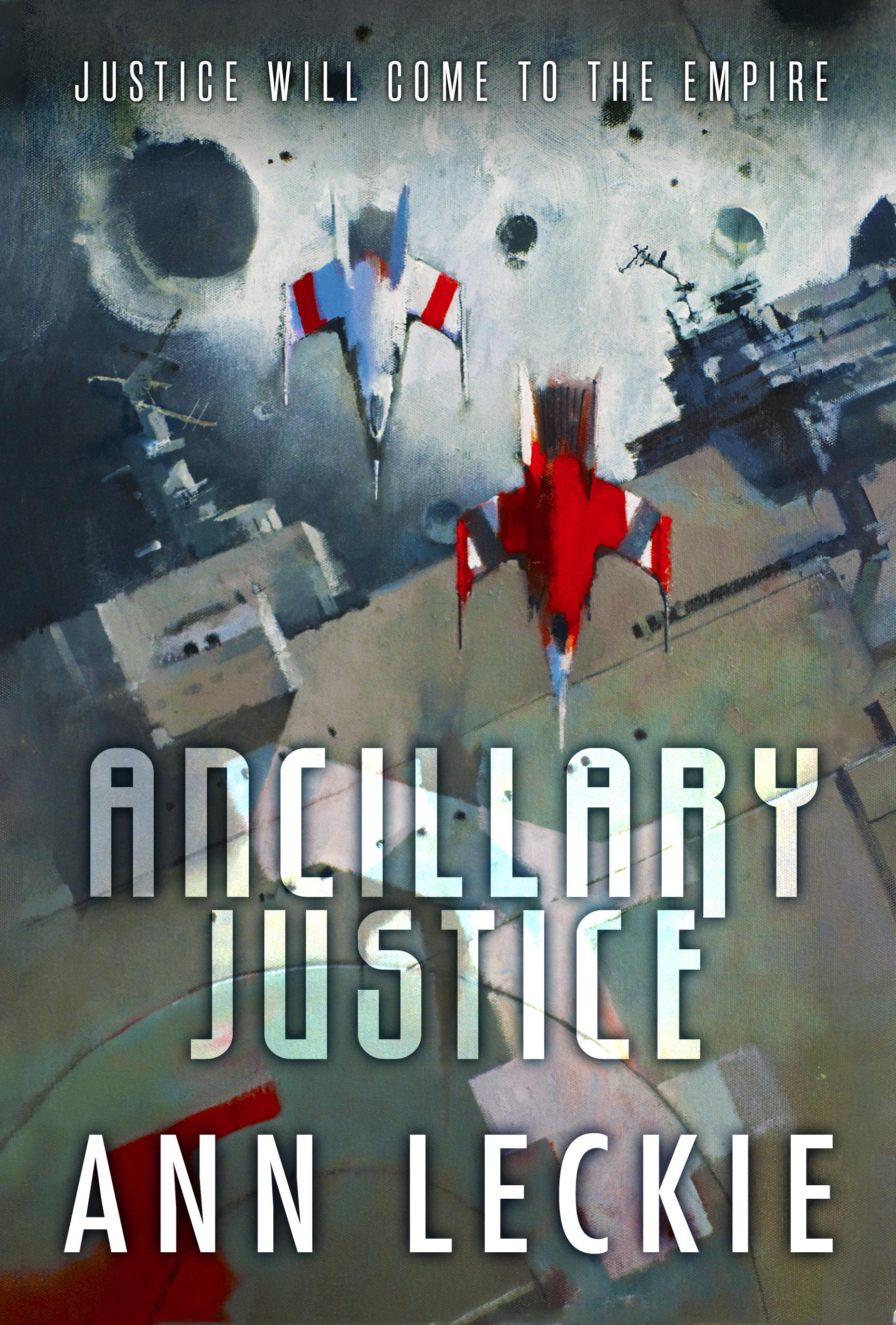written by David Steffen
It’s award season again! If you’re eligible to vote for the Hugos, you have until the end of March to decide on your picks. I wanted to share my picks, as I always do, in plenty of time so that if anyone wants to investigate my choices to see for themselves they’ll have plenty of time.
Quite a few of the categories I don’t have anything to nominate because I don’t seek out entries in them, so I left those out. And for any category that I have eligible work I mentioned them alongside my own picks.
The entries in each category are listed in no particular order.
Best Novel
Ancillary Justice by Ann Leckie
Premier novel by Leckie. Great premise, difficult point of view, great space opera. I reviewed it here.
A Memory of Light by Robert Jordan and Brandon Sanderson
The 14th and final book of Jordan’s epic Wheel of Time series.
Best Novelette
Monday’s Monk by Jason Sanford (Asimov’s)
Best Short Story
The Promise of Space by James Patrick Kelly (Clarkesworld)
The Murmurous Paleoscope by Dixon Chance (Three-Lobed Burning Eye)
HELP FUND MY ROBOT ARMY!!! by Keffy R.M. Kehrli (Lightspeed)
Hollow as the World by Ferrett Steinmetz (Drabblecast)
The Boy and the Box by Adam-Troy Castro (Lightspeed)
For Your Consideration:
I Will Remain in After Death Anthology
Could They But Speak at Perihelion
Reckoning at Stupefying Stories
Meat at Pseudopod
Coin Op at Daily Science Fiction
Escalation at Imaginaire
Best Dramatic Presentation (Long Form)
Game of Thrones Season 3
Best Dramatic Presentation (Short Form)
The Rains of Castamere (Game of Thrones)
And Now His Watch Has Ended (Game of Thrones)
Walk of Punishment (Game of Thrones)
Second Sons (Game of Thrones)
Valar Doheris (Game of Thrones)
Best Editor (Short Form)
Neil Clarke (of Clarkesworld)
John Joseph Adams (of Lightspeed, Nightmare, and anthologies)
Tina Connolly (of Toasted Cake)
Norm Sherman (of Drabblecast and Escape Pod)
Shawn Garrett (of Pseudopod)
Best Semiprozine
Best Fanzine
My work for you to consider:
Diabolical PlotsI do consider Diabolical Plots a zine. Consider, too, that this was the first year Diabolical Plots also provide the Submission Grinder. The Submission Grinder itself doesn’t fit any of the categories, I think, but Diabolical Plots does.
Best Fancast
Best Fan Writer
Ken Liu
Ferrett Steinmetz
Juliette Wade
Cat Rambo
Anne Ivy
For your consideration:
David Steffen
Frank Dutkiewicz
Carl Slaughter

 “Breq is both more than she seems and less than she was. ” This line is from the back-cover blurb of
“Breq is both more than she seems and less than she was. ” This line is from the back-cover blurb of